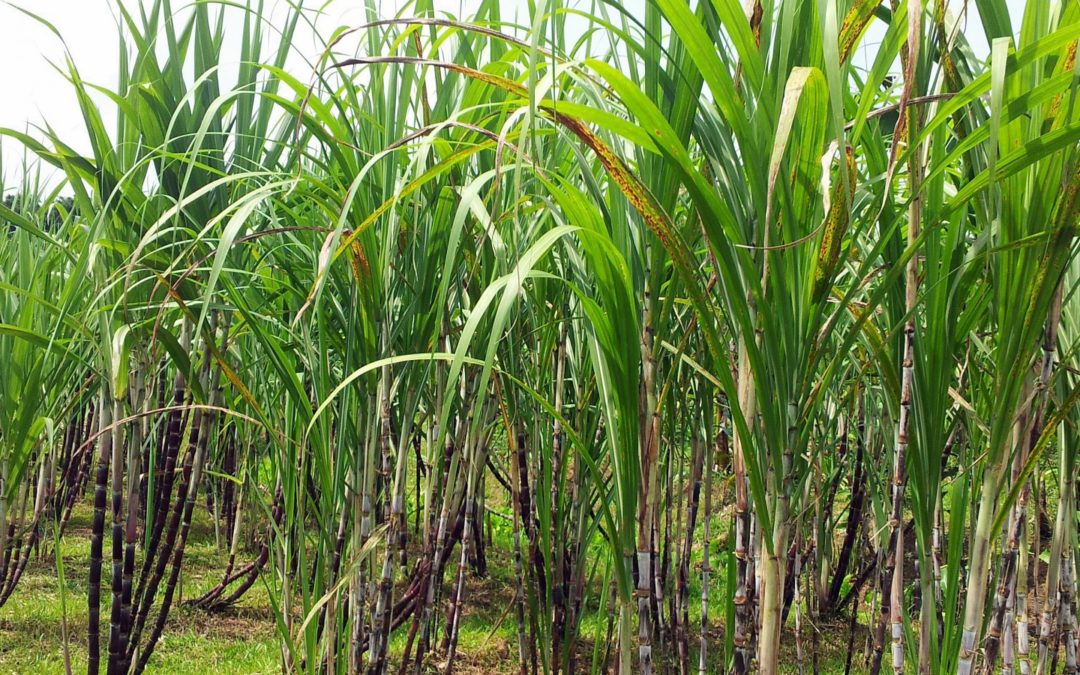Why Cane Sugar Processing Chemicals Are Critical for Modern Sugar Refining
The function of cane sugar handling chemicals in modern sugar refining can not be overstated, as they are integral to improving both the performance of extraction and the general top quality of the final product. Representatives such as phosphoric acid and specific flocculants are utilized to remove contaminations, resulting in sugar that not only fulfills customer assumptions yet additionally sticks to market requirements.
Function of Processing Chemicals
The efficacy of walking cane sugar handling pivots dramatically on the critical application of handling chemicals. These chemicals play an essential function in enhancing the performance and top quality of sugar extraction and refining. From the initial phases of juice removal to the final filtration actions, processing chemicals facilitate numerous important operations.
In the extraction stage, chemicals such as phosphoric acid and calcium hydroxide are utilized to optimize the explanation process, helping to get rid of pollutants and suspended solids from the walking cane juice. This not only boosts the return but additionally guarantees the clarity of the last product. In addition, agents like flocculants help in the fast settling of impurities, consequently improving the total process.
Triggered carbon and ion exchange materials offer to eliminate color and smell, ensuring that the refined sugar satisfies customer top quality standards. Therefore, the careful option and application of these chemicals are vital for accomplishing ideal end results in walking cane sugar processing.
Secret Sorts Of Chemicals
Walking stick sugar handling counts on a selection of key chemicals that help with each stage of production. These chemicals play necessary duties in making clear, bleaching, and purifying the sugar extracted from cane.
One primary category of chemicals includes flocculants, such as polyacrylamide, which aid in the clarification process by promoting the gathering and settling of contaminations. In addition, calcium hydroxide is often employed to neutralize acidity and assist in the elimination of non-sugar parts.
Bleaching agents, such as triggered carbon and sulfur dioxide, are utilized to decolorize the syrup, resulting in a clearer final item. These chemicals aid remove shade compounds that may affect the sugar's look and bankability.
Additionally, phosphoric acid acts as a pH regulatory authority during the processing stages, ensuring optimum problems for the enzymatic activities entailed in sugar removal and purification.
Various other vital agents consist of edta (ethylenediaminetetraacetic acid), which chelates metal ions that could militarize undesirable responses, and sodium hydroxide, which aids in pH control throughout the refining process. Jointly, these chemicals improve efficiency and make certain a high-quality walking cane sugar product.
Advantages for Sugar High Quality
Often ignored, using details processing chemicals dramatically improves the total high quality of walking cane sugar. These chemicals play a critical duty in refining processes, making sure that the end product fulfills strict sector standards for purity and preference.

Additionally, refining chemicals help in achieving a consistent granulation and appearance, which are critical for customer approval. By managing the crystallization process, these chemicals ensure that the sugar crystals create consistently, resulting in a more appealing item that dissolves well in various applications.
Moreover, using these chemicals can enhance the life span of cane sugar my sources by decreasing wetness absorption and microbial growth. On the whole, the calculated application of processing chemicals is essential for supplying top notch walking stick sugar special info that meets customer expectations and sector demands.
Ecological Effect Considerations

Moreover, the energy-intensive nature of sugar refining, compounded by chemical use, usually leads to boosted carbon exhausts. This adds to environment adjustment and elevates problems pertaining to the sustainability of existing refining techniques. In addition, the sourcing of these chemicals might entail methods that intimidate biodiversity, such as monoculture farming, which decreases the durability of agricultural communities.

To reduce these impacts, sugar refiners are increasingly discovering lasting options and adopting ideal techniques that lessen chemical usage. Implementing strenuous ecological management systems can aid make sure that the refining process aligns with ecological requirements and promotes biodiversity. Inevitably, a well balanced method that focuses on both sugar high quality and environmental stewardship is crucial for the long-lasting practicality of the sugar sector.
Future Patterns in Refining
As the sugar industry comes to grips with the environmental obstacles connected with typical refining techniques, innovative techniques are emerging to boost both efficiency and sustainability. One substantial trend is the fostering of green chemistry concepts, which focus on the use of safe, naturally degradable handling chemicals. This shift not only minimizes environmental influence but additionally addresses consumer demand for cleaner manufacturing methods.
One more encouraging advancement is the execution of advanced filtering modern technologies, such as membrane separation and adsorption procedures. These methods boost the quality and high quality of the sugar while lowering the volume of wastewater created throughout refining. Furthermore, the combination of digital technologies, including IoT and AI, is changing functional efficiency by allowing real-time tracking and anticipating upkeep, therefore reducing source waste.
In addition, making use of spin-offs from sugar refining, such as bagasse and molasses, is getting grip. These products can be converted into biofuels or value-added products, adding to a circular economic climate within the sector. Jointly, these fads signal a shift towards more sustainable practices that not only enhance operational effectiveness click to investigate however likewise line up with worldwide sustainability goals, making sure the future feasibility of sugar refining.
Verdict
Walking cane sugar handling chemicals are crucial in modern-day sugar refining, significantly enhancing the performance and top quality of sugar removal. The critical use these chemicals not only enhances the purity and flavor of the last item however likewise guarantees constant crystallization and texture. As the sector significantly focuses on sustainability, the fostering of environmentally-friendly processing agents is most likely to form future patterns in refining, ultimately leading to greater high quality products and extended rack life for consumers.

Inevitably, a well balanced technique that prioritizes both sugar top quality and ecological stewardship is vital for the lasting viability of the sugar industry.
Walking stick sugar handling chemicals are essential in modern sugar refining, significantly improving the effectiveness and top quality of sugar removal.